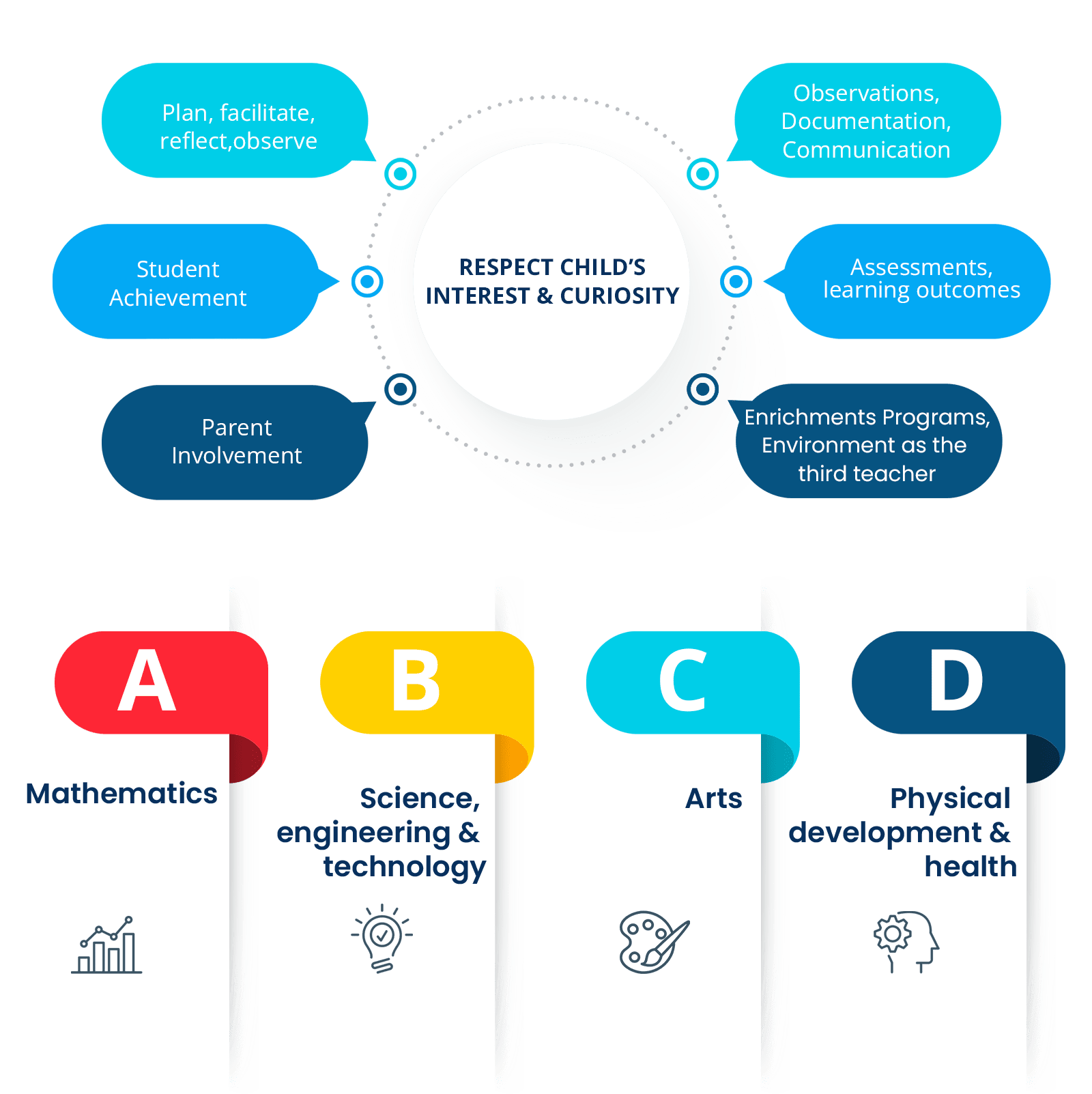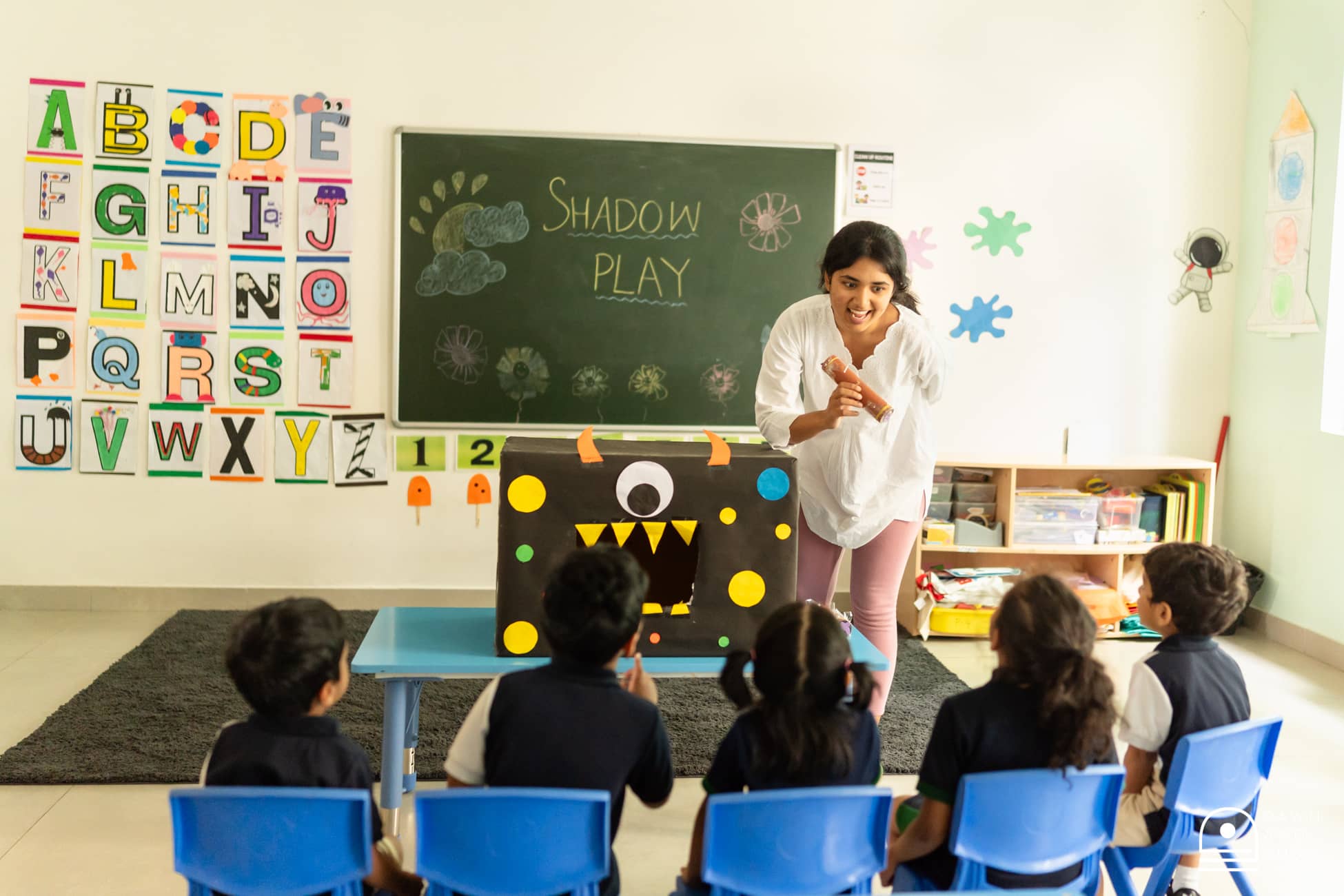
Reggio Emilia Approach
Reggio Emilia believes in the rights and opinion of every child. We believe that every child desires knowledge and is competent, capable and a natural researcher. A child is naturally prepared for challenges. Our space is designed best for a toddler to learn, play and enjoy.
Reggio Emilia looks at the parents as indirect participators in their child’s learning. Indeed, your involvement gives the child a great sense of security and a great incentive to learn.
The teachers are partners, nurturers and guides who help facilitate the exploration of children’s interest as they work on short and long-term projects.
Children are natural communicators and should be encouraged to express themselves however they feel they can, and learn through their interaction within their communities.
Reggio Emilia believes the environment in which your child grows is the third teacher. Space should be both thoughtful and inviting, while the materials and props should inspire them to think outside the box.
According to Reggio Emilia
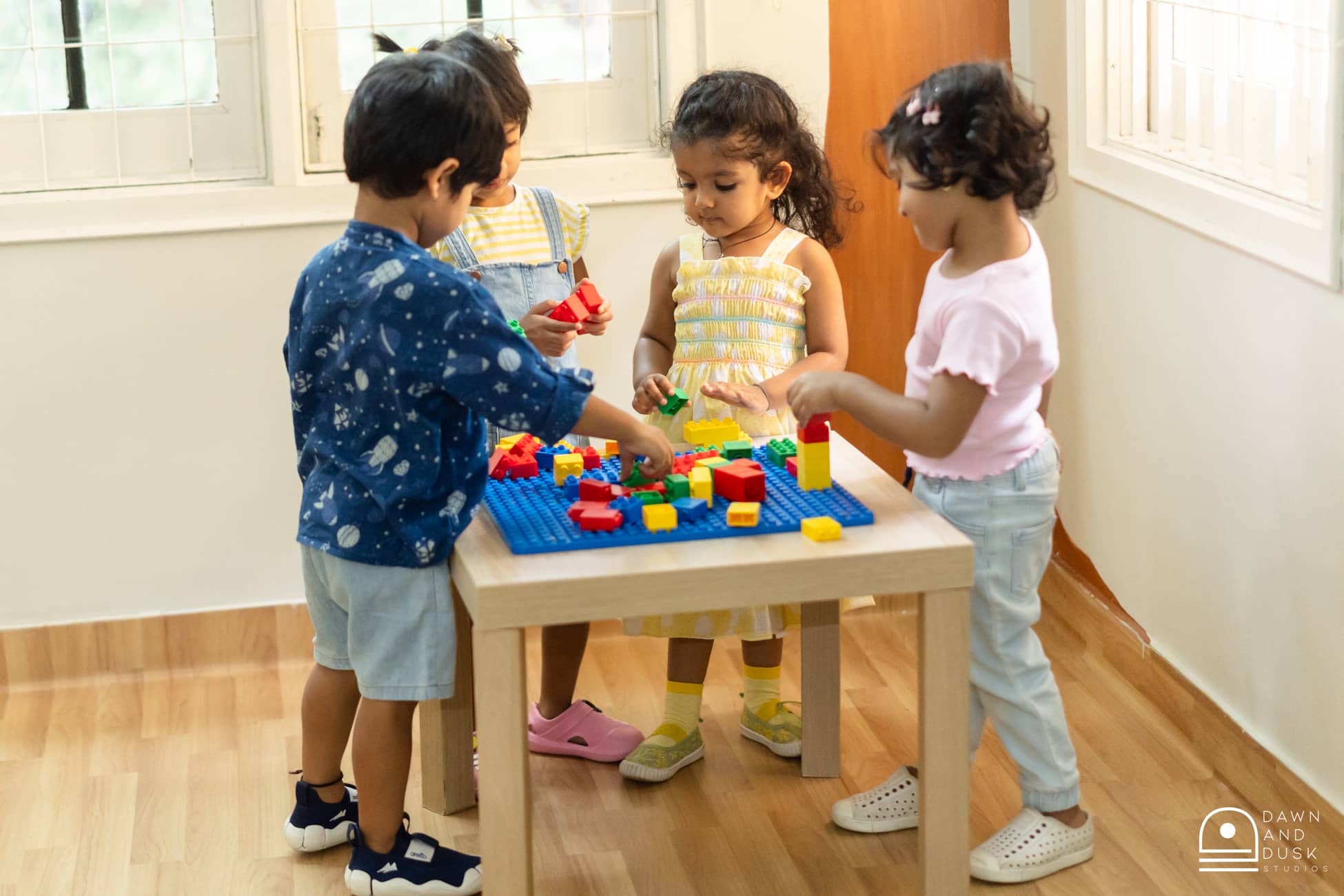
Curiosi
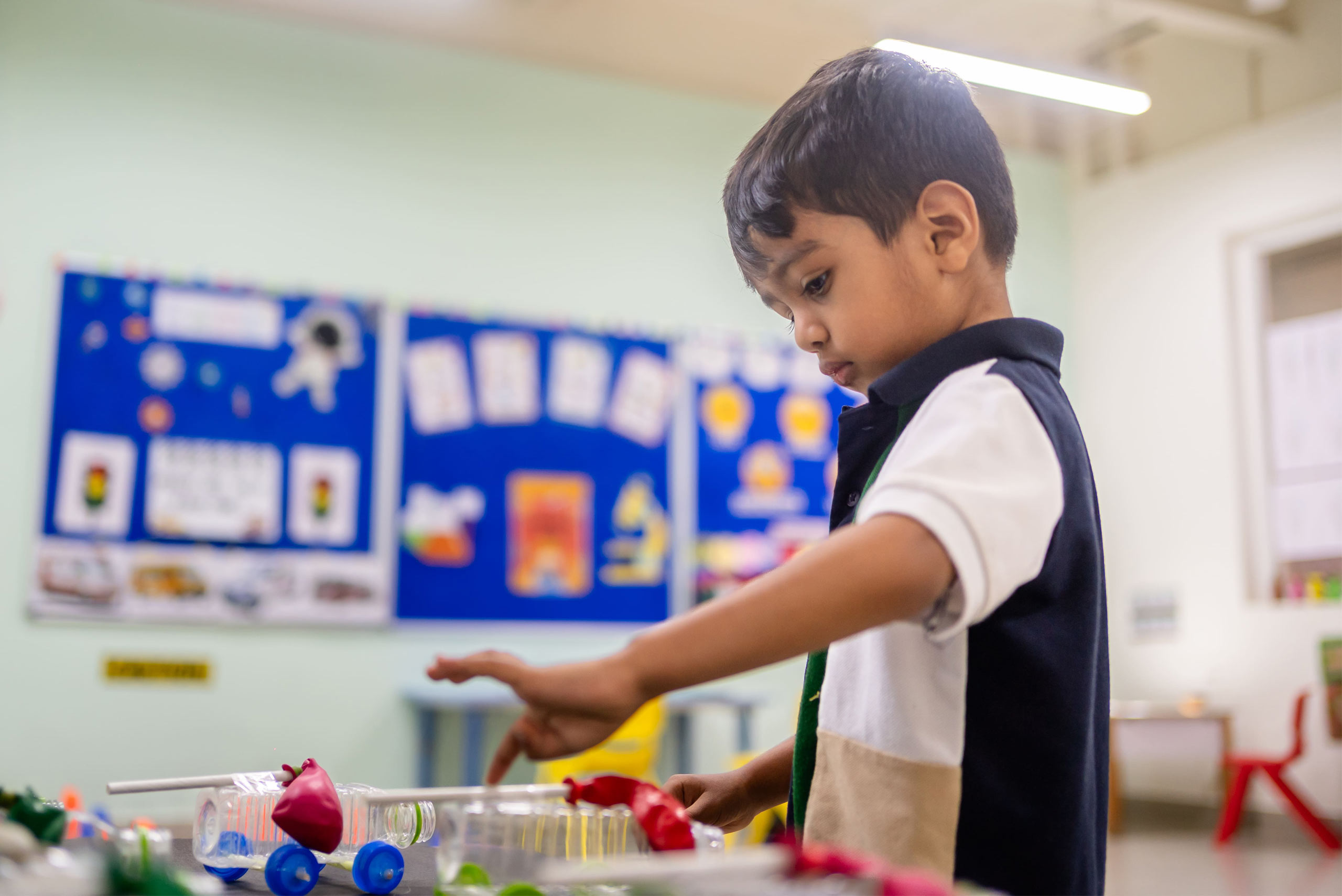
Piccolo
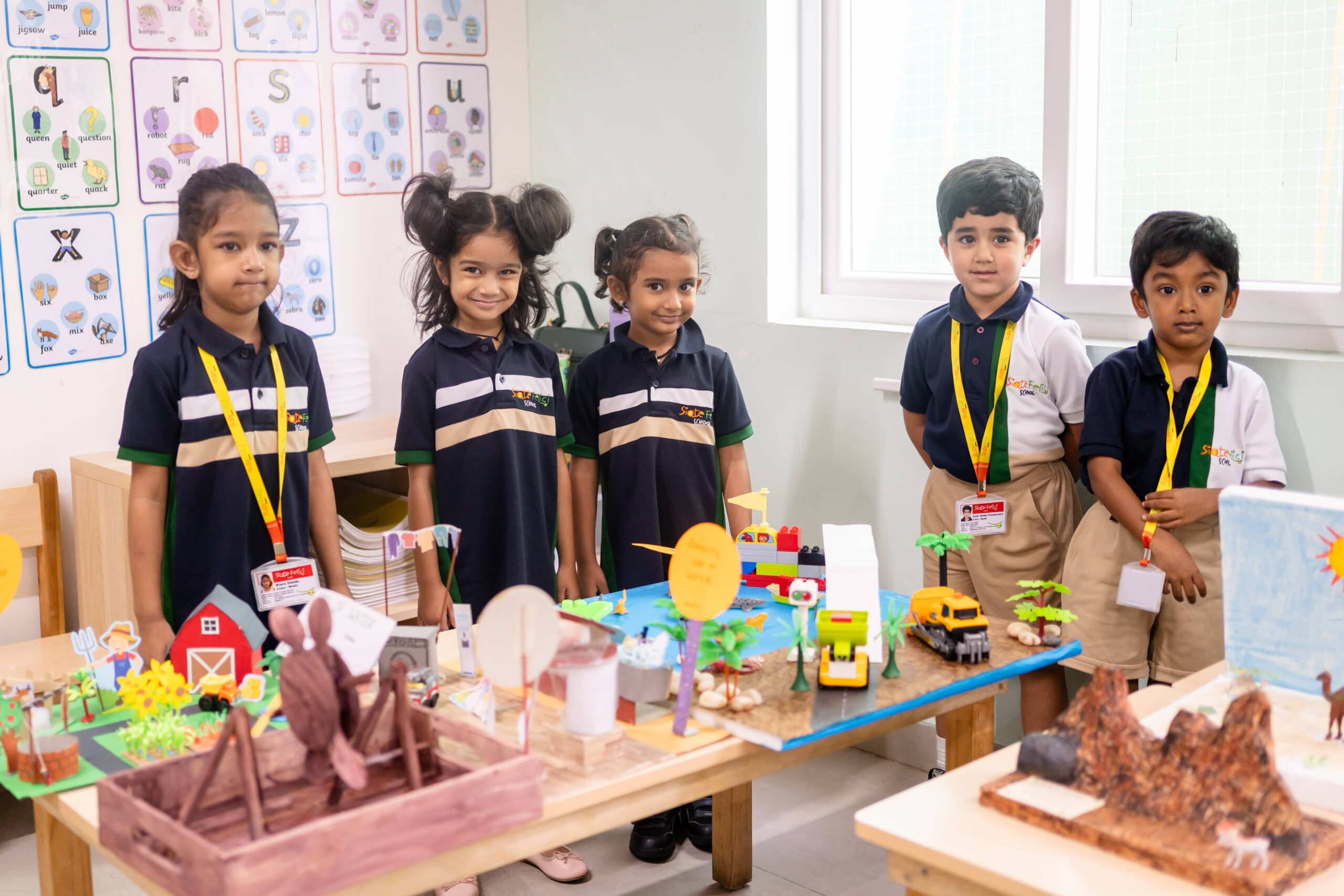
Medio
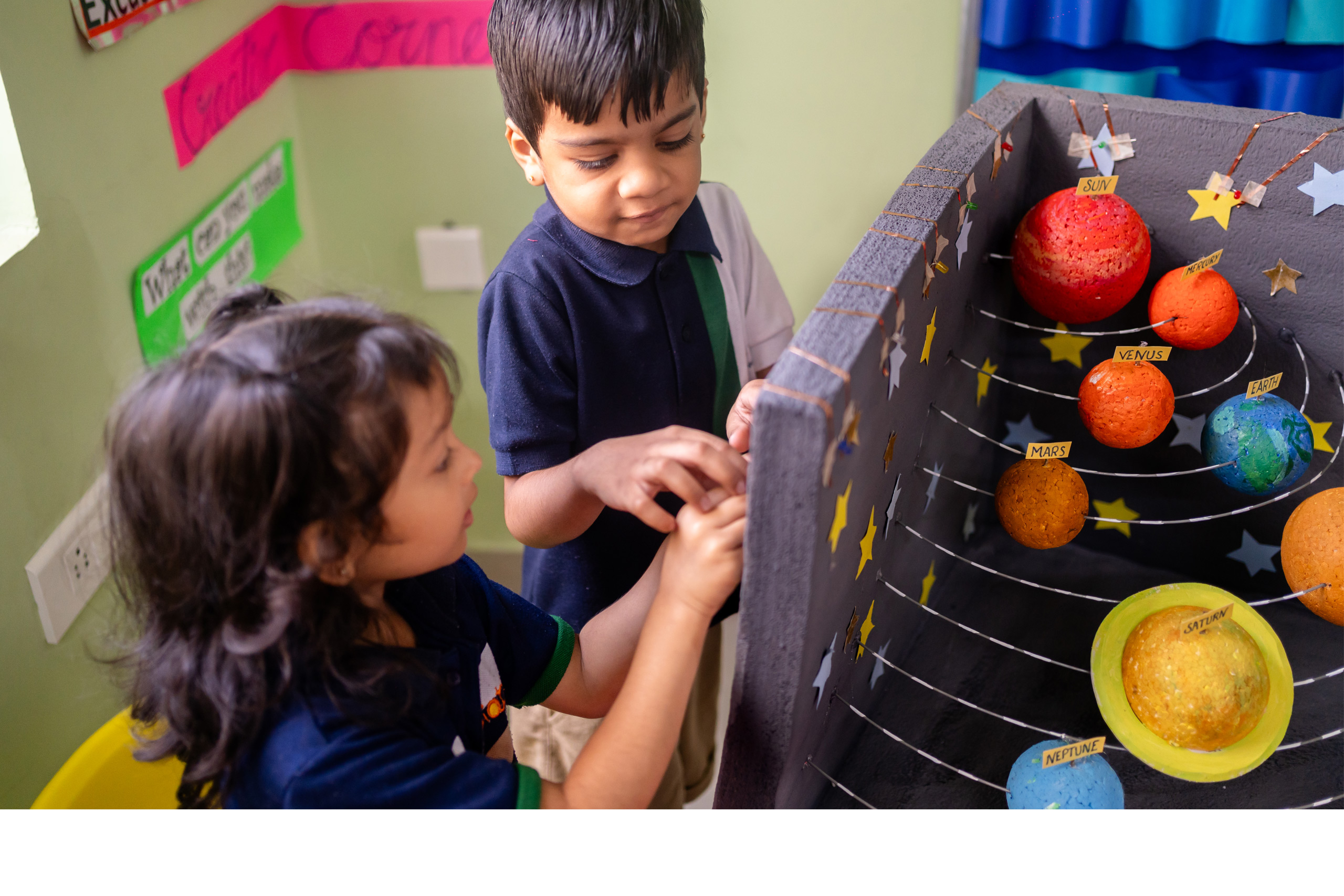
Grande
The Grandes are interested in finding out how everything works. At this stage your child will develop greater self-control and independence and enjoy trying new experiences. Since their vocabulary and pronunciation increases they begin communicating in more complex and compound sentences. They are encouraged to get involved during the documentation process and their perspectives are written down and become part of these records. Your child’s capacity for learning math concepts increases at this age. They can successfully use language to compare and describe objects and shapes. Children of the 4’s know days of the week, months and the seasons.
As children explore and develop relationships they build an understanding of what causes certain feelings and realize that others may react differently to the same situations. Because of this, the child begins to further progress in more complex social interactions such as joining in organized group play.
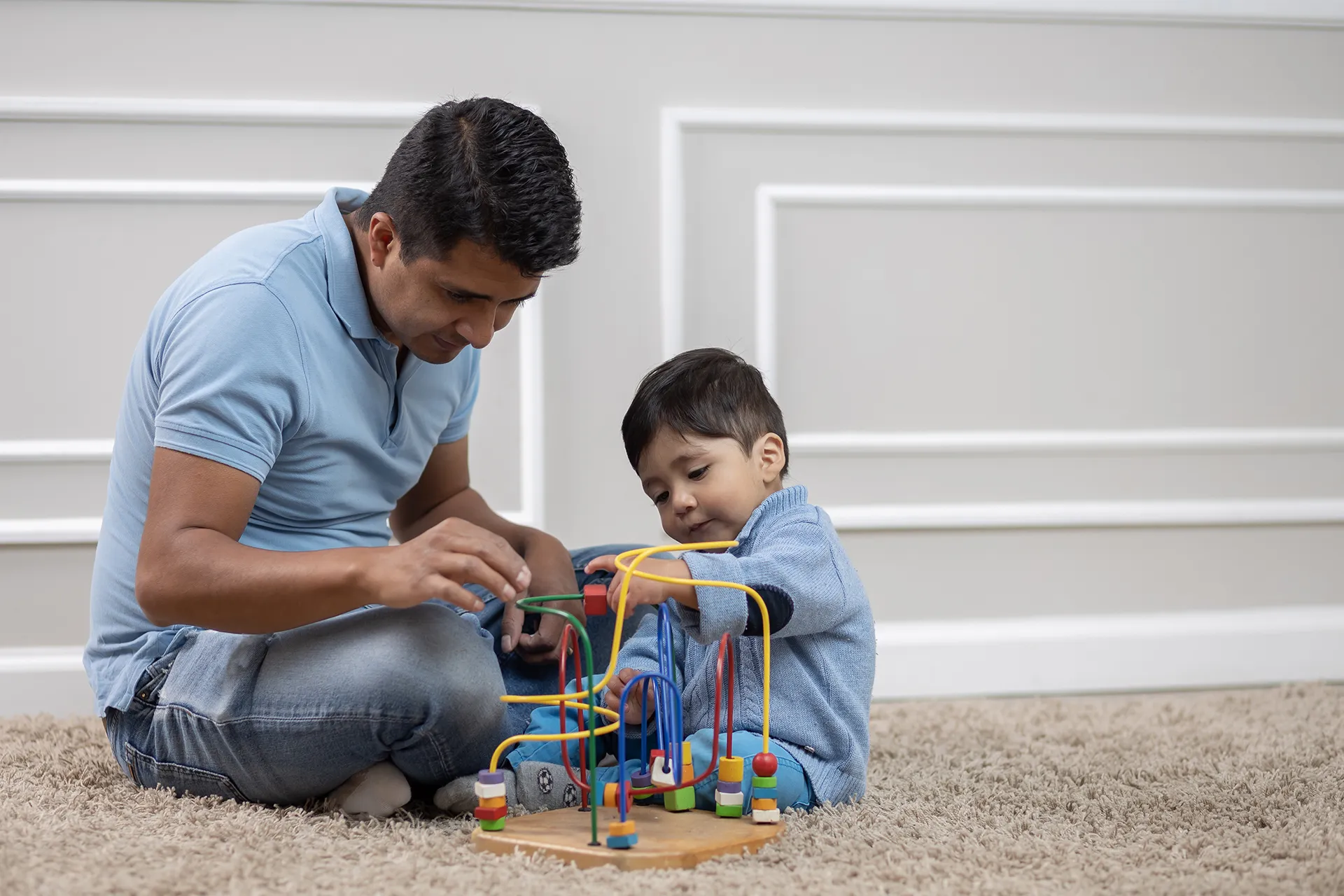
Parent Toddler Program
Our program offers a warm and nurturing classroom experience for infants aged 9 to 18 months and their parents. Each 1.5-hour session includes exploration with floor toys, music and movement, sensory play, and simple routines that support early development. With a 10:1 student-teacher ratio, we create a cozy space for bonding, learning, and growing—side by side.

Curiosi

Piccolo
As your child begins to walk, run, and jump, our educators observe and analyze their interactions with the environment, materials, and each other. Our teachers use these observations to recognize your child’s interests and create projections based on your child’s curiosity.
Empathy, pretend play, and social roles are explored as teachers support your children as they navigate their first relationships and begin to create their own identity.
Independence becomes an evident milestone for the Piccolos. As they discover all the things they can do they want to do more things for themselves such as eating, washing hands, dressing themselves, and learning to use the toilet. Through various sensorial, fine motor, and gross motor experiences teachers encourage children to become self-sufficient.
The environment is arranged so that children are exposed to their written name, establish a daily flow, create peer relationships, understand emotions and start to express their thought and ideas in simple sentences. By encouraging communication between the children, they begin to understand the dynamics of a classroom community.

Medio
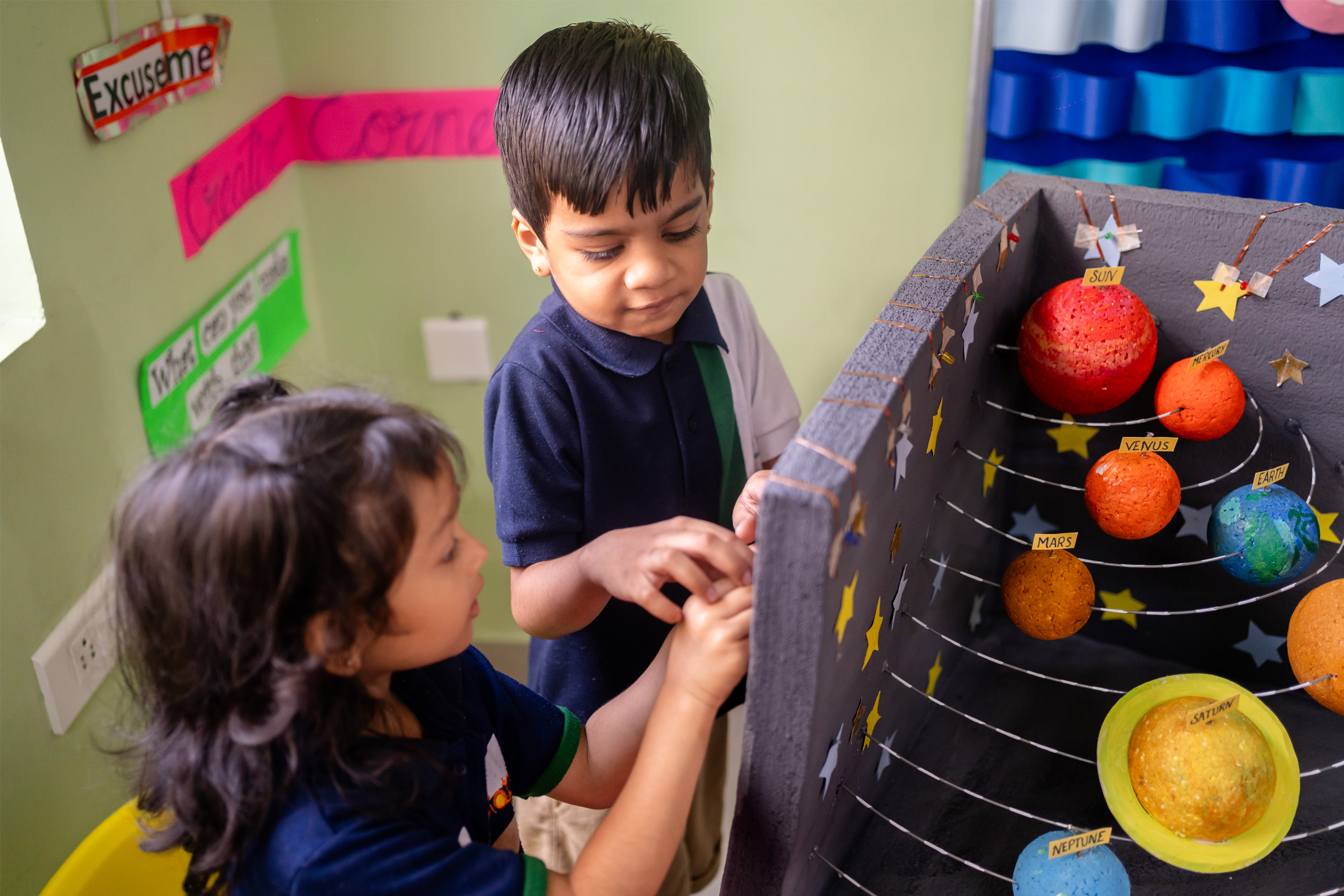
Grande
At this stage, children develop a better sense of time, and they separate from parents with greater ease. Since they begin to understand the daily flow better, they are more comfortable accepting transitions and soothe themselves with their ability to make predictions about what is coming next.
While their gross motor skills become stronger, activities such as running, throwing and catching a ball, and dancing are a source of great joy. They begin to challenge themselves further and it is common to see them outside in the playground climbing up and jumping down. Children love to feel a sense of accomplishment and putting a puzzle together, painting, and drawing are all ways they demonstrate their growing abilities.
The Grandes are interested in finding out how everything works. At this stage your child will develop greater self-control and independence and enjoy trying new experiences. Since their vocabulary and pronunciation increases they begin communicating in more complex and compound sentences. They are encouraged to get involved during the documentation process and their perspectives are written down and become part of these records. Your child’s capacity for learning math concepts increases at this age. They can successfully use language to compare and describe objects and shapes. Children of the 4’s know days of the week, months and the seasons.
As children explore and develop relationships they build an understanding of what causes certain feelings and realize that others may react differently to the same situations. Because of this, the child begins to further progress in more complex social interactions such as joining in organized group play.
